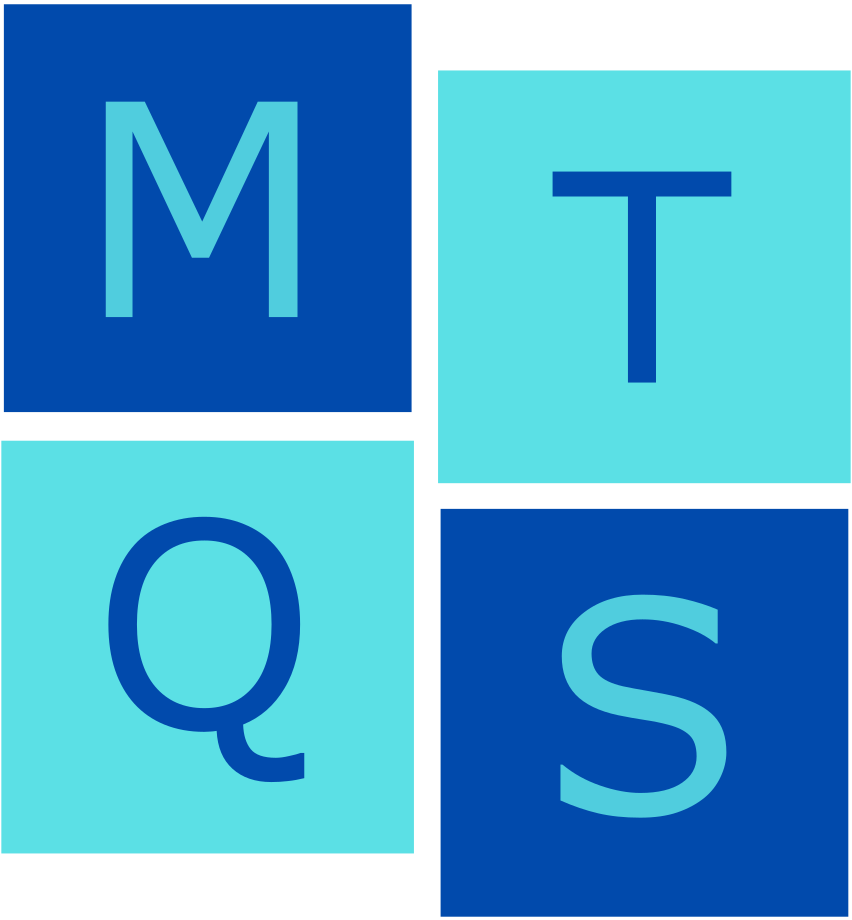Our important contribution: Standardization of Qigong Therapy.
气功治疗公会的重要贡献: 气功治疗的制度化及规范化。

In 2008, qigong practitioners of many societies felt that Traditional and Complementary Medicine Act would have a great impact on Qigong activities. They grouped together and visited Dr Ramli Abdul Ghani on 2008-12-09 and were told:
有感于传统及辅助医药法令(传辅法令)将会对气功活动有很大的影响,几位各地气功公会的代表,于2008年12月9日见了当时的传辅局总监,Dr Ramli Abdul Ghani。总监指出:
– The Act only regulates traditional and complementary medical activities, not health promoting activities.
– The review period had passed, and his division has identified Qigong as a health promoting activity that is not meant to treat illnesses.
– After the enforcement of the Act, Qigong will not be regulated, but it will not be allowed to claim that it is a complementary medical practice.
– The director promised to reconsider the appraisal, but there must be at least 2 clinical papers or 5 clinical case-reports.
– The director also pointed out that the Ministry of Health will only have dialogue with organisations that represent the majority of the practitioners of a method and asked us to set up a national organization.
传辅法令仅管制传辅医疗活动,不管治健身活动。
审核期已经过去,传辅局鉴定气功仅能健身,不能治病。
法令执行后,气功不受管制,但不允许说是传辅医疗方法。
总监答应重新考虑鉴定,但一定要有至少2个临床报告,或5个例案。
总监也指出,卫生部仅会对全国性的团体对话,要求我们成立一个全国性的组织。
2009-01-09
Five clinical cases were submitted accordingly.
All the five cases reported have several things in common:
– All patients were highly educated and were ready to receive inquiries from the Ministry of Health.
– The patients’ were all diagnosed by hospital specialists.
– The patients’ medical history and medication record were clearly stated.
– After the Qigong treatment, patients’ recovery were clearly documented.根据要求提成了5个例案, 5个个案都有几个共同点:
病人都是受过大学教育,能够接受卫生部查询。
病人状况都是医院的专科医生诊断的。
病人的病史、服药记录都清楚列明。
气功治疗后,病人的痊愈,都明确诊断。
2009-09-27
After several conversations with the officials of T&CM Division, Qigong was accepted as one of the methods of traditional and complementary medicine, and relevant registration standards will be developed.
经过跟传辅局官员数次的对话后,传辅局接受气功为传辅医疗方法之一,也将设立其注册标准。
2009-11-26
The Ministry of Health invited qigong sects from all over the country to meet to discuss the development of National Occupational Skill Standard for Qigong Therapy. Five sects sent representatives to participate. T&CM Division requested all the sects to email their course contents for evaluation.
卫生部邀请了全国各地的气功门派开会谈论建立气功治疗技职标准。5个门派派了代表参与。传辅局要求各门派把自己的课程内容都电邮给传辅局以便做出评估。
2010-03-25
T&CM Division agreed to develop a level 3 certificate standard for Qigong Therapy (SKM3, 1200 contact hours or one year training). We appealed and requested to include a Level 4 Diploma standard (DKM4, 3000 contact hours or 3 years of training) to meet the level of external qi treatment.
传辅局答应我们成立技职标准的第三级证书(SKM3,1200接触小时或一年培训)。我们上诉,要求把标准提高达DKM4文凭Diploma等级的标准(DKM4,3000接触小时或3年的培训),以满足外气治病的层次。
2010-10-26
T&CM Division agreed for us to develop up to Diploma skill standard. We started to prepare for the work.
总监来信答应我们成立管制标准达Diploma。我们开始准备成立标准。
2011-02-08
Three groups provided course contents. The three groups, FOMZQA, Hexiangzhuang Qigong Association, and Wellness Medical Qigong, were selected as the advisory groups to participate in the development of qigong therapy occupational skill standard. During this period, other qigong groups tried to get into the advisory committee, however they were rejected either because they did not represent majority of the practitioners, or could not propose their own curriculum standards.
三个团体提供了课程内容。而这三个团体,智能气功联合会、鹤翔庄气功协会、Wellness Medical Qigong ,最后被选为参与成立气功治疗技职标准课程的顾问团体。期间,有其它气功团体想要挤入当技职课程顾问,都因为不是真正代表一个门派的全国性组织,或者无法提出本身课程标准,而给传辅局拒绝了。
Formation of Malaysia Qigong Therapy Society and Qigong Therapy NOSS
马来西亚气功治疗公会及气功治疗技职的成立
2011-07-11
In order to set up a national qigong organization to represent those providing therapy services, together with Malaysia Hexiangzhuang Qigong Society and Wellness Medical Qigong Center, FOMZQA held a meeting to set up Federation of Malaysia Qigong Associations (FOMQA).
为了成立一个代表提供治疗服务的全国性气功团体,智能气功联合会连同马来西亚鹤翔庄公会及健身医疗气功中心(Wellness Medical Qigong)召开成立马来西亚气功治疗联合会的大会。
2011-07-16
The Registrar of Societies approved the registration of the Malaysian Qigong Federation Gabungan Persatuan Qigong Malaysia (Federation of Malaysia Qigong Associations: FOMQA). FOMQA joined Federation of Chinese Physicians and Medicine Dealers Associations of Malaysia (FCPMDAM), a Chinese medical group recognised by the Ministry of Health as a practitioners’ body. FOMQA was the organisation that could communicate directly with T&CM Division of Ministry of Health then.
社团注册局批准了马来西亚气功联合会Gabungan Persatuan Qigong Malaysia(Federation of Malaysia Qigong Associations)的注册。气功治疗联合会也随即加入了当时卫生部传辅局认可的华人医药团体,马来西亚华人医药总会。气功治疗联合会是唯一一个能够直接跟卫生部传辅局对话的团体。
2011-09-12
NOSS Qigong Therapy SKM3, was finally developed and approved. This is the first government recognised qigong therapy standard in the world. Lee Yoke Kuan, Yong Kei Wai, Ooi Kean Hin, Erick Chen, How Eng Huat and Chng Poh Tee were the committee members and Tan Soo Kong was the adviser to T&CM Division, Ministry of Health.
气功治疗技职标准NOSS Qigong Therapy SKM3,终于成立。这是世界上第一个,也是目前唯一政府机构承认的气功治疗标准。这个标准保函了5个必修科及2个选修科。
The 5 core-competencies:
1. Qigong Activation 2. Dynamic Qigong 3. Static Qigong 4. Self-Healing Qigong 5. Group-Healing Qigong
The 2 Elective Competencies:
1. Healing Sound Qigong 2. Energy Healing Services Sales & Marketing
五个必修科是 :
1. 气功启动 2. 动功 3.静功 4. 疗气功 5.集体气功
两个选修课程是:
1音声气功 2. 能量疗法服务销售
2011-10-31
Dr Ramli Abdul Ghani, Director of T&CM Division retires. The development of DKM Diploma in Qigong Therapy had since been postponed.
传辅局总监Dr Ramli Abdul Ghani 光荣退休。气功治疗文凭DKM的成立给搁置。
2013-10-31
FOMQA is an organisation that focuses on therapeutic activities. In order to better reflect the professional role of the FOMQA, the committee of FOMQA decided to amend the constitution to change the federation to Malaysian Qigong Therapeutic Society, and only enrol therapists with Qigong Therapy SKM3 certificate as members. On April 1, 2014, the Registrar of Societies approved the revised constitution of FOMQA and named it Malaysian Qigong Therapy Society (Persatuan Qigong Terapi Malaysia). Since its establishment, MQTS has been interacting with Ministry of Health and Ministry of Human Resource to protect the rights of Qigong Therapists.
马来西亚气功联合会是专注于治疗活动的公会,为了更好的反映公会的专业角色,马来西亚气功联合会决定修改章程,把联合会改为马来西亚气功治疗公会,而仅接纳有了气功治疗技职证书的治疗师为会员。社团注册局于2014年4月1日批准了马来西亚气功联合会修改章程及改名称为马来西亚气功治疗公会Persatuan Qigong Terapi Malaysia(Malaysia Qigong Therapy Society)。成立至今,气功治疗公会一直在跟卫生部,人力资源部互动,为规范气功治疗做出努力,也为气功治疗师争取合理权益。
